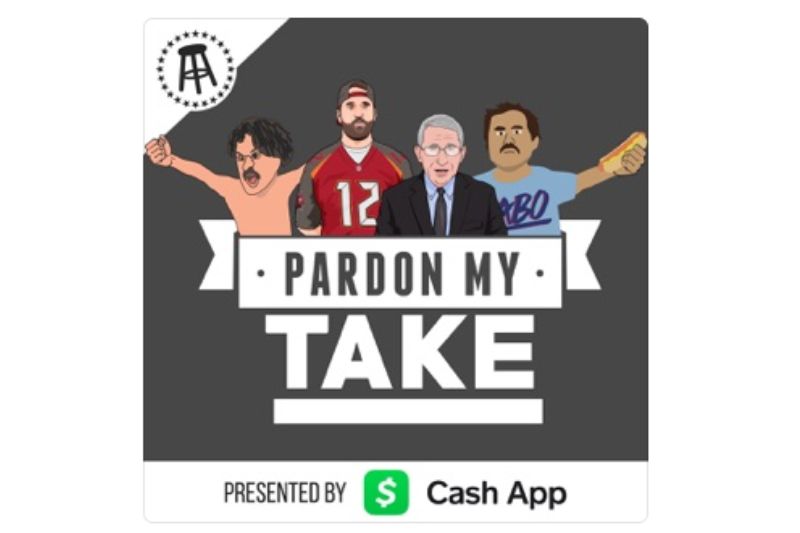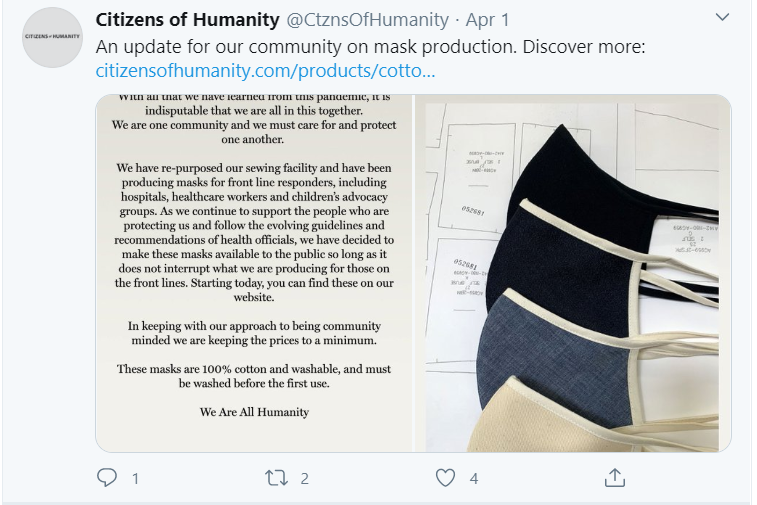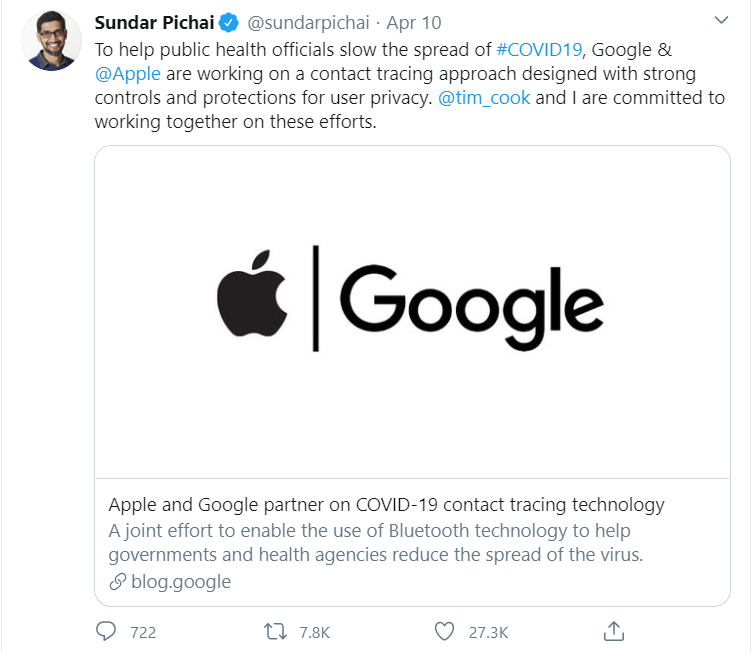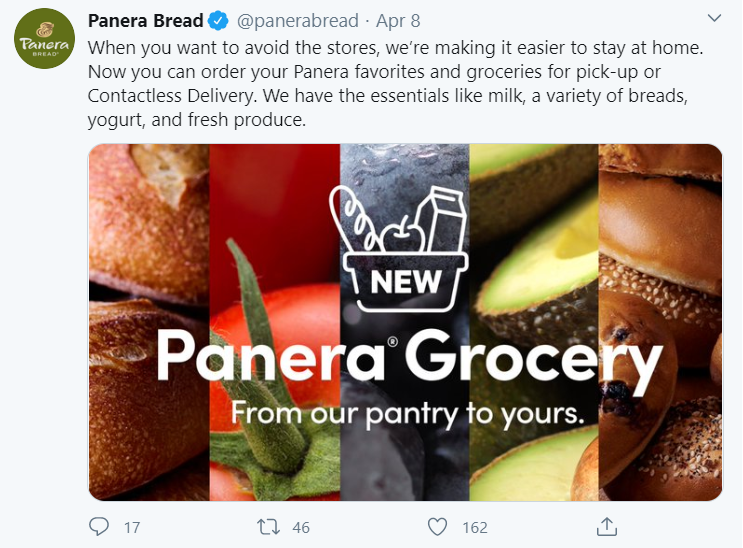[Series] Marketing during COVID-19: Brands are addressing consumer needs
Each week on the Bolder Thinking Blog, our analysts share insight and analysis on how companies and brands are navigating COVID-19 with innovative thinking and multichannel campaign strategies. In this week’s post, we discuss how brands are addressing consumers’ and society’s increasingly pressing needs.
The Pivot
With a novel virus comes novel needs- and companies are re-prioritizing to meet them. Companies are shifting resources so they can make products that help stop the spread of COVID-19. For example, clothing companies are shifting production to focus on face masks.
Like most mask-makers, the denim brand Citizens of Humanity had to adjust production resources to meet high demand.
Apple and Google are developing a contact-tracing tool to help health authorities track infected people’s contact with others.The tool will enable phones to share data via Bluetooth, so each phone has a record of the people users have been in contact with or been near. Then, thanks to iOS and Android APIs (to be released in May), healthcare organizations can tap into that data to see whom each infected person has been in contact with—and, potentially, to alert those people of their risk of infection.
The side effects
COVID-19 has many ancillary effects, and brands are adjusting their roles to meet consumers’ needs.Restaurants, shuttered by stay-at-home orders, are now selling groceries. In March, restaurants lost $25 billion in sales—and laid off 3M workers—according to the National Restaurant Association.
The fast-casual restaurant chain Panera Bread is offering everything from produce, dairy products and its bagels via Panera Grocery.
The Home
Brands are trying to make staying at home as normal as possible. Apple told consumers, “creativity goes on.” The serious but uplifting tone struck the same chord as Facebook’s recent commercial.
The Cultural Impact
Social distancing is a privilege—as is access to information and needed resources. Dr. Anthony Fauci, Director of the National Institute of Allergy and Infectious Diseases, has taken on the role of social media influencer. People craving reliable, science-based information have flocked to Dr. Fauci, catapulting him to social media stardom. Dr. Fauci appeared on an episode of the podcast Pardon My Take and starred in an Instagram Live conversation with Steph Curry.

The coping mechanisms
Culture—and the ways we experience and communicate it—has become more complex, ironic, and multi-layered. Americans are turning to humor and satire to cope with life’s stresses and strains. According to Comperemedia analysis of Infegy data, nearly 50% of social media users who talked about social distancing between March 1, 2020 and April 14, 2020 also used humor and satire.
What we think
The idea of a shared reality among the general public is fractured, and the impact should not be taken for granted.
Emphasize community
Companies that not only praise but also contribute to community efforts will be better perceived for it. Community outreach is proving to be the most effective way to offer support, as people look for ways to access— and offer—help.
Show that individual acts matter too
While this pandemic affects everyone, it does not affect everyone equally. It is important for companies to address the growing inequities and disproportionate access to needed support and resources.
Stay tuned for next week’s post to see how brands are marketing during COVID-19. Make sure to check out previous posts in the series to learn how brands are making staying at home easier and companies are moving from reactive to proactive.






